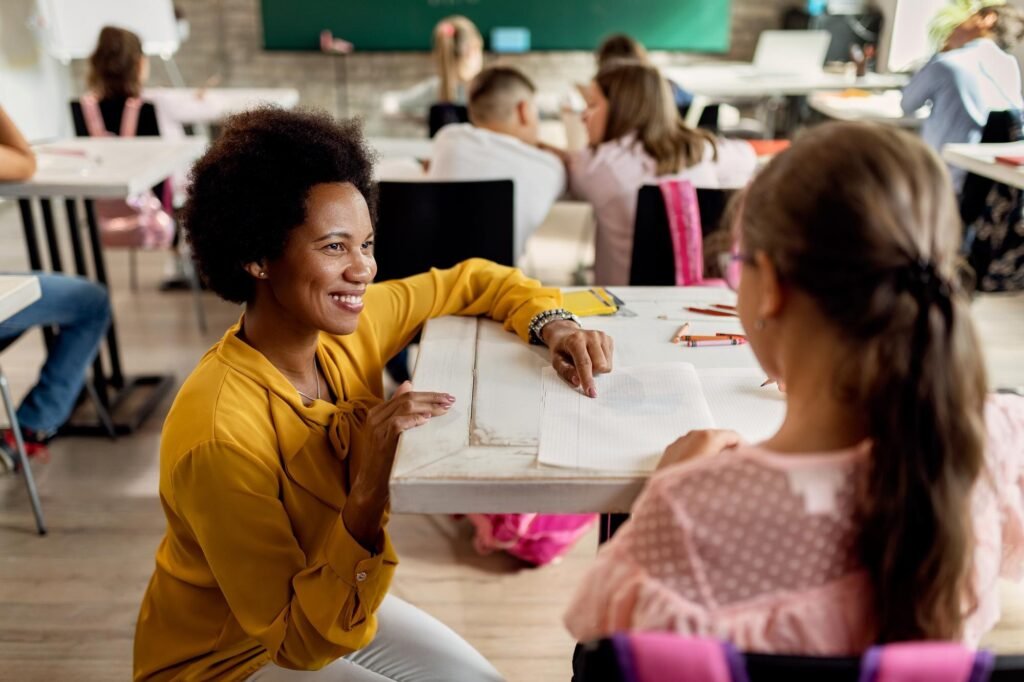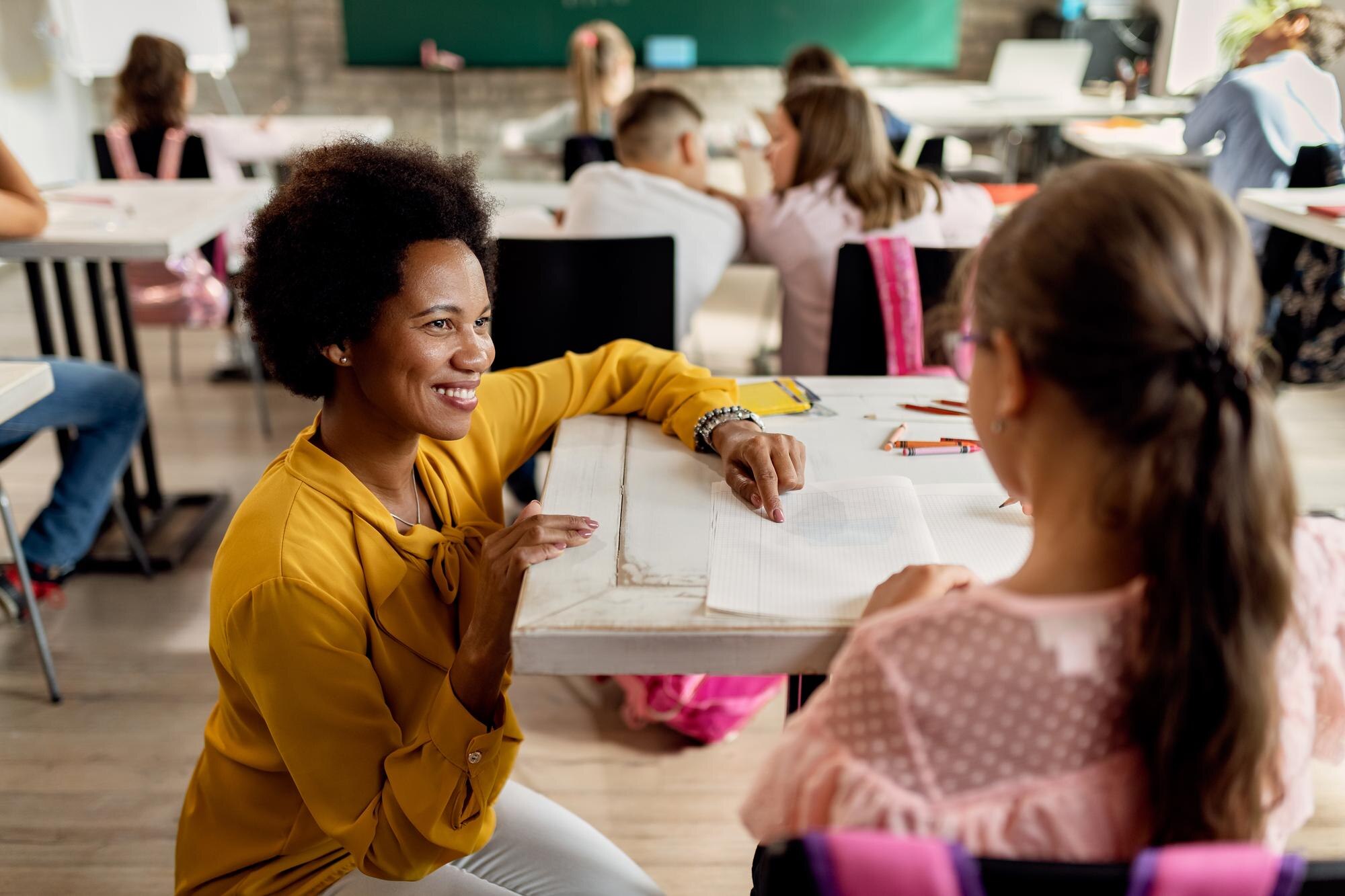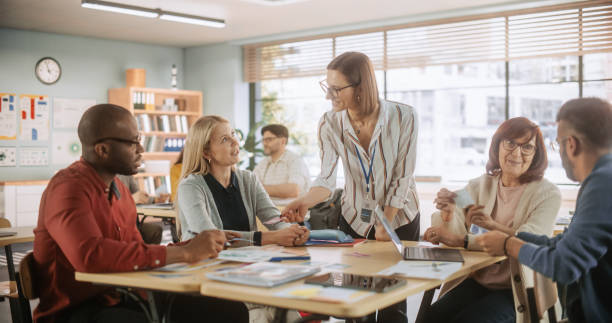
Empowering Educators: Top Strategies to Foster Resilience and Confidence in Gifted Students
Gifted students often feel like they’re carrying the weight of the world on their shoulders. Their unique abilities can be both a gift and a challenge, leading to emotional struggles that educators must navigate with care. How can you, as an educator, help these bright minds build resilience and confidence? In this post, we’ll explore practical educator strategies designed to support emotional wellness and foster growth. Join us as we delve into the heart of gifted education, offering tools that empower both students and mentors alike. Learn more about developing resilience in gifted students.
Building Resilience in Gifted Students

Gifted students often face unique emotional challenges that require tailored strategies to support their resilience. Understanding and addressing these challenges are essential for educators and mentors. This section delves into the emotional landscape of gifted students and provides practical strategies to support their well-being and personal growth.
Understanding Emotional Challenges
Gifted students frequently experience heightened emotional sensitivities. This sensitivity can manifest as intense reactions to seemingly minor events. Such emotional intensity often stems from their advanced cognitive abilities, which allow them to perceive and process complex emotional stimuli beyond their years.
Gifted students might feel isolated due to their unique perspectives and abilities.
They may struggle with perfectionism, leading to stress and anxiety.
Emotional challenges can impact their social relationships and academic performance.
An awareness of these factors is crucial for educators. Recognizing the signs of emotional distress can help in providing appropriate support. For more strategies on building resilience, visit Gifted Challenges.
Strategies for Emotional Wellness
Emotional wellness is vital for the overall development of gifted students. Educators can implement several strategies to help maintain and improve emotional health.
Encourage open communication: Create an environment where students feel safe expressing their emotions.
Promote self-awareness: Help students understand and articulate their feelings.
Teach coping skills: Equip students with techniques to manage stress and anxiety.
Implementing these strategies can reduce emotional burdens and promote a healthier mental state. Educators can find further guidance on these strategies at Genie Academy.
Supporting Personal Growth
Supporting personal growth in gifted students involves nurturing their emotional and intellectual development. This holistic approach can empower them to achieve their full potential.
Foster individual interests: Encourage exploration of topics they are passionate about.
Provide challenging opportunities: Offer tasks that stimulate their intellect and creativity.
Create a supportive network: Connect students with peers and mentors who understand their needs.
Through these efforts, educators can cultivate an environment that supports both emotional and academic growth. For more on addressing these needs, see the ESCCO.
Confidence Building Techniques

Building confidence in gifted students requires intentional strategies that foster a positive self-image and a resilient mindset. This section explores techniques that educators can employ to develop a student’s confidence through mindset, feedback, and expressive environments.
Foster a Growth Mindset
A growth mindset allows students to view challenges as opportunities for learning rather than threats. This mindset encourages students to embrace failure as a part of the learning process.
Encourage students to set achievable goals and celebrate progress.
Teach students to view mistakes as valuable learning experiences.
Discuss famous examples of individuals who overcame setbacks.
Adopting a growth mindset can significantly enhance students’ confidence and resilience. Educators can find more insights on fostering this mindset at Psychology Perspective.
Encouragement Through Feedback
Constructive feedback is a powerful tool in building confidence. Feedback should be specific, actionable, and supportive to help students recognize their strengths and areas for improvement.
Provide specific praise: Focus on what the student did well to reinforce positive behavior.
Offer constructive criticism: Frame feedback in a way that encourages growth and improvement.
Encourage self-reflection: Guide students to assess their work and identify their achievements.
These practices can help students develop a realistic and positive self-view, enhancing their confidence over time.
Safe Spaces for Expression
Creating safe spaces for expression allows gifted students to explore their thoughts and emotions freely. These spaces foster creativity and help students feel valued and understood.
Designate areas in the classroom for quiet reflection or discussion.
Encourage participation in group activities that promote expression.
Provide platforms for sharing personal projects and ideas.
Such environments can significantly contribute to a student’s sense of belonging and confidence. More about creating these spaces can be found on Genie Academy.
Educational Support for Gifted Youth

Educational support tailored for gifted students is essential in nurturing their unique abilities. This section examines how collaborative learning, mentorship, and specialized programs like VK Creative Circle can enhance educational outcomes for gifted youth.
Collaborative Learning Environments
Collaborative learning environments encourage student interaction and shared problem-solving. This approach promotes peer learning and helps students appreciate different perspectives.
Organize group projects that require diverse skills.
Encourage peer teaching to reinforce understanding.
Facilitate discussions that challenge and broaden perspectives.
Through collaboration, gifted students can learn to value teamwork and diverse thinking, which are crucial skills for personal and academic growth.
Role of Mentorship in Education
Mentorship provides gifted students with guidance and support from experienced individuals. Mentors can offer insights into potential career paths and personal development.
Connect students with mentors: Facilitate relationships with professionals in areas of interest.
Encourage regular meetings: Promote consistent interaction to build strong mentor-mentee relationships.
Set goals for mentorship: Define clear objectives to ensure productive engagements.
Effective mentorship can be a transformative experience for gifted students, providing them with the confidence and direction needed to pursue their passions.
VK Creative Circle Offerings
VK Creative Circle offers specialized programs designed to support the emotional and intellectual needs of gifted youth. These include personalized coaching and workshops.
1:1 private coaching: Tailored sessions focusing on personal growth and emotional intelligence.
Parent coaching: Equips parents with tools to support their gifted children effectively.
Family workshops: Interactive sessions promoting family understanding and unity.
These offerings are crafted to nurture gifted students’ potential and foster resilience and confidence. Learn more about these programs and how they can support gifted students by exploring VK Creative Circle’s resources.

A certified Heal Your Life® Coach with 20+ years in education and emotional development. Supports gifted teens in navigating anxiety, perfectionism, and identity challenges, while equipping parents with practical tools for lasting transformation. Sessions blend emotional healing, mindset mastery, and strategic empowerment.



